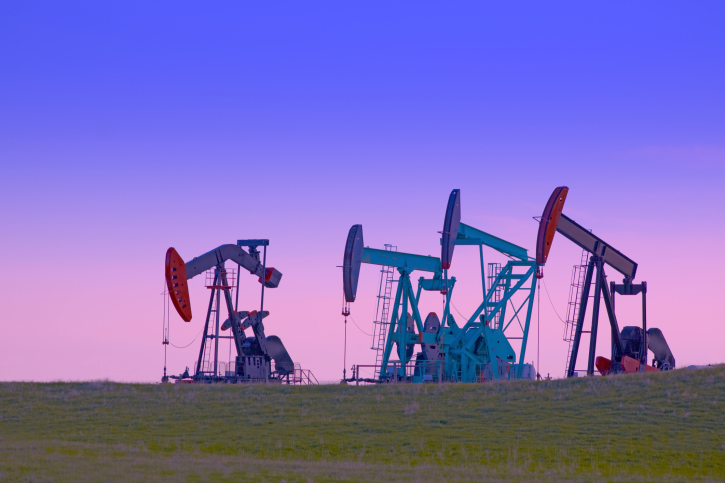By Gentry Collins
The recent short-lived revolt in Russia highlights how instability in Vladimir Putin’s government could quickly spill over into chaos. Regardless of who ultimately maintains or assumes power in the Kremlin, the American people could be held hostage to Russia’s whims. That’s not just because Russia possesses the world’s largest nuclear arsenal. It’s also because energy markets in the U.S. and our allies remain dependent on Russia.
The good news is that there is no shortage of American innovators who are working on solutions. About 30 miles off the Texas coast, the Sea Port Oil Terminal will become the nation’s largest oil export terminal, adding 2 million barrels per day to the U.S. oil export capacity. Meanwhile, Alaska is moving forward with a historic project that supplants Russian gas for our Asian allies, such as Japan. In April, the Biden administration gave the greenlight to the $39 billion Alaska LNG Project, a key priority for Governor Mike Dunleavy which will include construction of an 800-mile pipeline.
Germany has long been dependent on Russia for their supply of natural gas. However, thanks to American energy producers, this destructive relationship may finally change. Last week, U.S liquefied natural gas (LNG) developer Venture Global LNG signed a 20-year deal to provide Germany’s Securing Energy for Europe GmbH (SEFE) with 2.25 million tonnes per annum (MTPA) of LNG. This deal will make Venture Global Germany’s largest LNG supplier.
The bad news is that the impact of these game-changing projects could be greatly delayed by America’s broken permitting process that requires approvals from an endless array of (often conflicting) agencies and stakeholders. The federal permitting process, under just one law called the National Environmental Policy Act, takes on average four-and-a-half years for an environmental review, followed by additional years for state and local processes and litigation. Sometimes, it can take decades as environmental extremists who use lawyers to exploit any possible legal loophole to delay and increase costs.
U.S. companies’ ability to supply reliable, clean energy to Germany depends on construction of the CP2 LNG project which can begin later this year if the Federal Energy Regulatory Commission and the U.S. Department of Energy act without unnecessary delay. Alaska LNG is not expected to open until 2030, assuming it can clear numerous potential legal challenges. Planning for the Sea Port Oil Terminal began in 2015, but operations will not begin until 2025 at the earliest. Unfortunately, despite the best efforts of leaders like Speaker Kevin McCarthy (R-CA) and Senator Joe Manchin (D-WV), any meaningful reforms to this outdated system continue to be opposed by special interests.
During WWII, America mobilized from a sleeping giant to leading the fight against fascism in Europe and Asia in a matter of months. Then we stood our ground against the Soviet Union for decades until we prevailed in the Cold War. We built the interstate highway system in one presidential administration. Now, permitting infrastructure projects of all kinds take far more time than it took Americans to put a man on the moon. This is the opposite of the spirit that made the U.S. a global superpower and the envy of the world.
Energy dependence on Russia, not to mention China for the basic materials needed to power our economy, is simply not an option America or our allies can accept. That means finally waking up and fixing the antiquated permitting process that is holding back American energy independence and putting our national security at risk. We have been blessed with an abundance of natural resources.
All we lack is the political will to get the job done.
Gentry Collins is the CEO of the American Free Enterprise Chamber of Commerce, which represents hard working entrepreneurs, innovators, and job creators. He previously served as the national political director at both the Republican Governors Association and the Republican National Committee.
Originally published by RealClearEnergy. Republished with permission.
For more on energy independence, click here.
